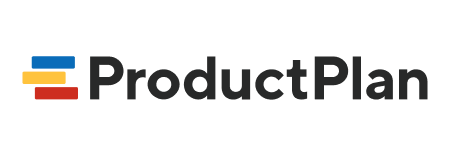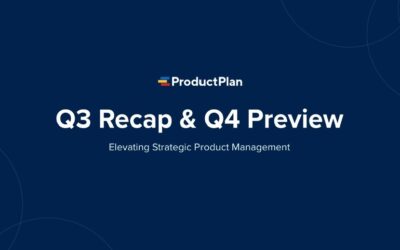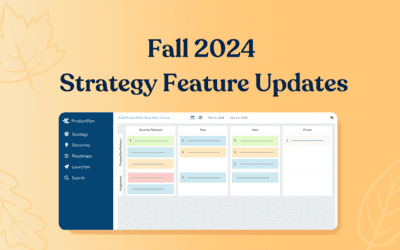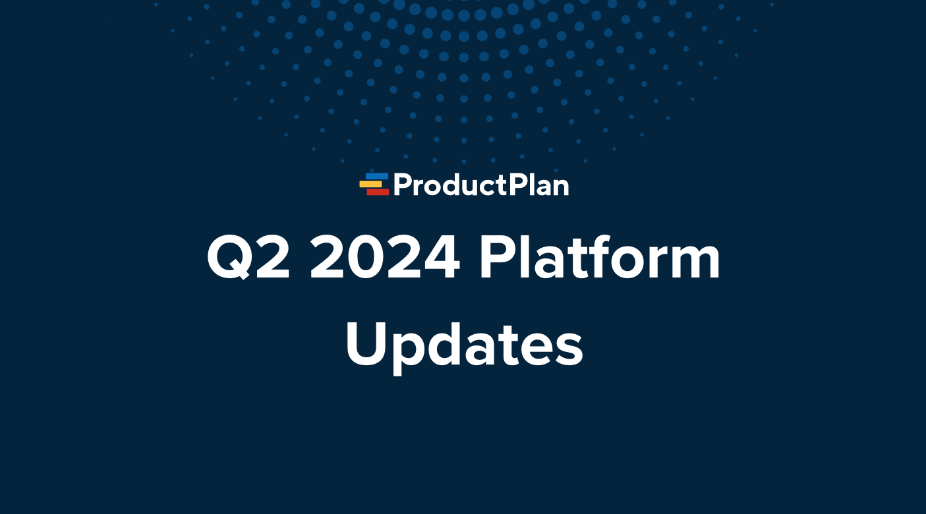Product professionals get paid to manage products and services. Delighting customers and creating innovative solutions for their problems dictates our priorities. But this single-minded focus on helping others often leads to a lack of focus on ourselves and our career impact in the product field.
And, unlike our products, no one’s getting paid to manage our careers on our behalf. Without intentional and thoughtful strategizing, years and decades can roll by, shifting and stalking our career trajectories while we worry about the success of others.
Applying the IMPACT mindset to your career can help keep that career impact trajectory on track by ensuring each move you make gets you closer to where you want to go.
Being a Selfless Generalist is a Good Thing
A selfless approach based on customer empathy and satisfying stakeholders is an asset on the job, but less so for ourselves. We suffer from imposter syndrome and deprecate our value because, as generalists, we don’t command the same respect and awe as our more specialized coworkers.
But our selfless generalist approach is a superpower in its own right. Seeing the big-picture vision and possessing versatility enables product managers to impact, even when the spotlight falls on others instead. We check our egos at the door because the job demands it, and we don’t want a blindspot to punish the customers we care about.
Though it may not grab as many headlines or turn us into “influencers” in our respective industries, it builds the proper habits and work ethic to succeed in our current roles… and our next ones. Unfortunately, this means a scant opportunity to promote ourselves leads to personal “brands” that seldom extend beyond our companies’ walls (physical or virtual). Thus comes fewer opportunities to be “discovered” or headhunted or recruited as we continue operating backstage and behind the scenes.
Variety is the Spice of Life and the Bane of Product Management Careers
Anyone in product for a few years quickly notices no fixed definition of product management from one company to another. Some view Product as an equal peer to Marketing, Sales, and Engineering, while others tuck it away under a VP of Product Marketing or a CTO.
One organization may crown us “CEO of the Product” while another views us as an annoying check on runaway innovation. There appears to be a lack of shared understanding of what Product has to offer and why it’s so necessary. But the net result is seemingly random locations on organization charts, daily duties that differ significantly from one company to another, and product managers hailing from many walks of life.
The diversity presents challenges when attempting to:
- Identify growth opportunities and spot which areas you must improve upon.
- Translate a written job description into what it would mean for your career aspirations and how it maps to your current experience.
- Tailor your resume, cover letter, and personal pitch to fit a particular job opportunity.
Putting IMPACT to work for your career
The IMPACT approach can help you optimize your career impact by assessing yourself in order to improve your career prospects and how you position yourself when you’re actually on the hunt for a new gig.
Optimize yourself with IMPACT
Whether you’re desperate to change companies, are angling for a promotion, or want to be the best you can be, IMPACT provides a structure for identifying your strengths and weaknesses while identifying areas to work on.
Interesting
Product managers need an exciting story. How you got to your current role, the career path you took, and where you’d like to go are essential to shaping how others view you. Resumes list the jobs, the degrees, and a few details in bullet points but don’t always recount a compelling story.
In a vacuum, your resume or LinkedIn profile might leave people with more questions than answers:
- Why did you leave Microsoft for some startup that failed?
- Why did you quit your job at a unicorn and throw in with a medium-sized firm?
- What made you stay at the same company in the same role for six years?
- How come you were once a Director, but now you’re a Senior PM?
- Why did you bounce around between product marketing and product management?
To you, those moves all make sense, given the full context of your life and career. But job titles alone don’t do your narrative justice, ergo the need for a story that weaves them together. Connect the dots, find themes and common threads, and spin a tale that leaves others wondering what the next chapter holds in store.
Meaningful
Product managers do a lot of different things, many of them decidedly necessary. Listing out your responsibilities conveys competence with these tasks and obligations but camouflages your most impactful work.
Why you did those things and how you prioritized them is far more relevant. What did those accomplishments mean to you? To your company? To your users and customers?
When reviewing your experience, the emphasis must be on how they solved pain points and helped the company reach its overall impact goals.
People
A product manager’s relationships and interactions with coworkers are fundamental to their success. Those soft skills may not be measurable, but they are essential traits of your current future employer’s values.
Are you a good teammate that people enjoy working with? Do you make life easier and better for your colleagues? Are you a great mentor or a devoted protégé?
Those skills also come into play when interacting with customers. Can you speak in a language they understand and connect with them where they’re at? Can you engage them in deeper conversations to uncover the root issues and not just the surface-level gripes and wish lists?
Talent, intelligence, and creativity aren’t enough for a successful run in Product. You need to be a people person, too.
Actionable
When listing accomplishments, it’s important to deviate from the laundry-list approach and instead emphasize anecdotes or success stories where you either took action or set the stage for stakeholders to do so. You need to explain beyond merely discussing the completion of a task and what you did with the results.
You didn’t just “survey users,” you used that survey data to make recommendations, and one of those recommendations improved a KPI or led to a big deal, which better illustrates the meaningful impact of those actions, not that you just took them.
Clear
Keep things short and sweet while focusing on real-world examples of how your accomplishments made an impact. Showing off your skills and touting what they’ve done for you in the past are both keys to convincing folks you’re worth adding to their team.
Did you bridge gaps and build consensus by creating clarity among stakeholders. Have you inspired the masses with your oratorical prowess? Did you slice and dice the data and create dazzling visuals or unignorable metrics that won people over?
Testable
The dull, repeatable, everyday elements of your job aren’t the best measures of your competency. You need to get uncomfortable in an unfamiliar situation before knowing if you’re up to the challenge.
Push yourself to try new things, learn new skills, and dive into new areas of interest. Measure your faculty with this new material and see if you’ve got the resilience to power through when things get tricky.
Watch the full webinar below:
Putting IMPACT Into Action On a Job Hunt
With your elevator pitch nailed, the next part of advancing your career is assessing new opportunities. Once again, IMPACT can help by weeding out postings that won’t be a great fit while zeroing in on the good ones.
Job descriptions aren’t just ads; they’re problem statements you’ve yet to unpack.
- What problem is this company trying to solve?
- Where can someone add value and make an impact?
- Are they mentioning customers and data?
- Which verbs do they use?
- Are they super specific in what they’re looking for or searching for an athlete to grow into the position and evolve with it over time?
Of course, what they say they want isn’t always what they need (or want), but it is a sneak preview of how they view product management today. It might be wrong and negotiable, but it provides a good glimpse of their current mindset.
With this as a starting point—and the remainder of the interviewing process as a series of additional opportunities for further digging—you can better ascertain the expectations for the role, your fit for the opportunity, and whether it will provide you with enough chances to make a true career impact. You want a job where you’re motivated to succeed, not just happy to collect the paycheck.
A Position with Purpose
The product offers us the opportunities to change lives, fuel businesses, and transform organizations. The problems we solve may be trivial or life-changing, but they all have the chance to impact our product’s users and customers.
Finding impactful opportunities throughout our career means more than just a job we enjoy or a product we’re passionate about. It gives our entire lives purpose and adds to the story of our career, adding new chapters with every step we take.
To learn more about how IMPACT can help with your career and other dimensions of product management, download the free ebook today.







